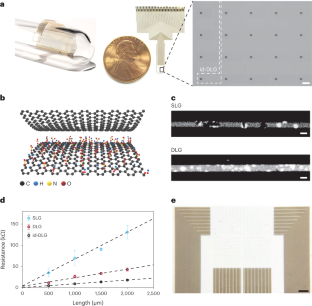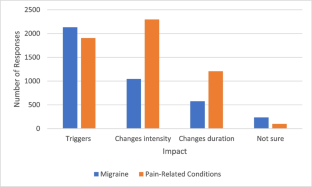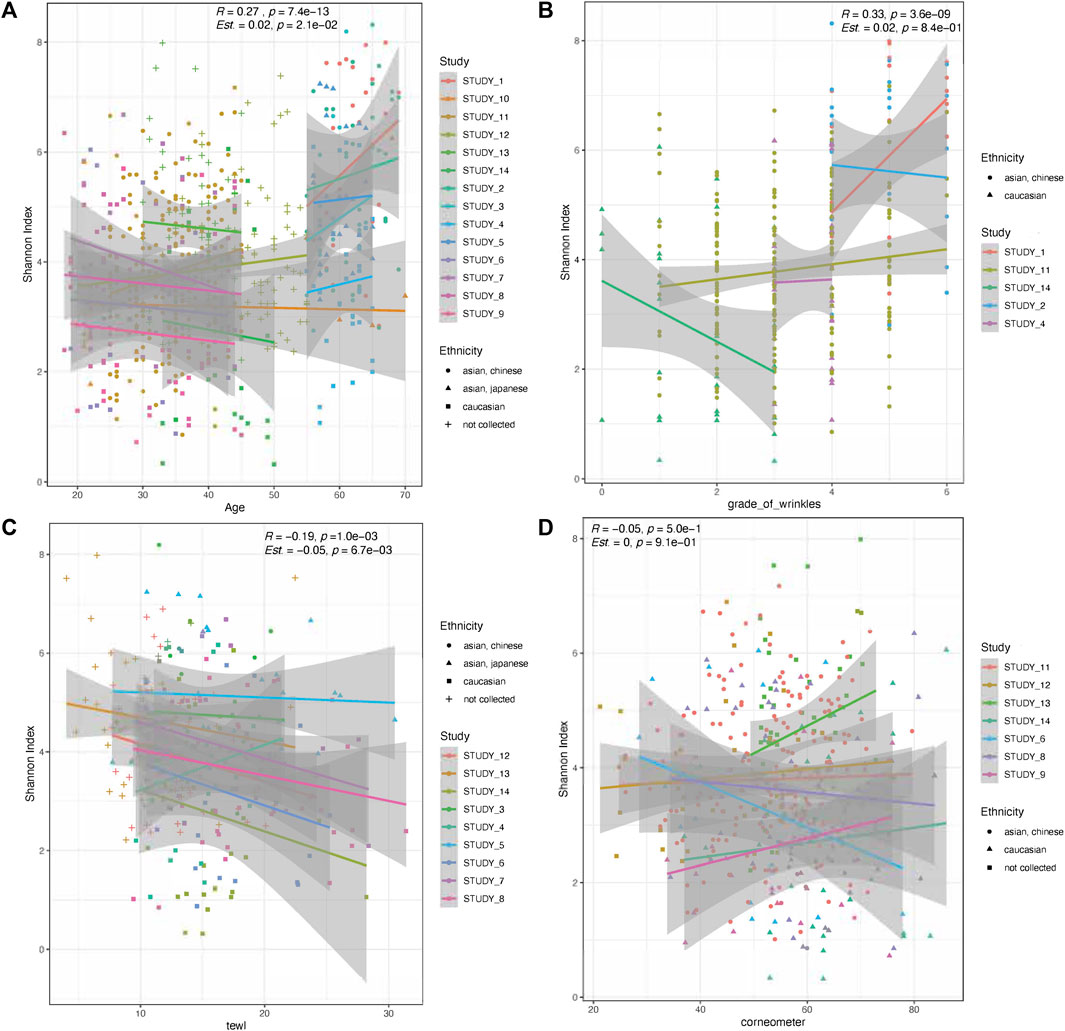2024-01-11 カリフォルニア大学サンディエゴ校(UCSD)
◆透明性と高電極密度、機械学習を組み合わせたこの技術は、表面アレイと貫通型電極アレイの利点を組み合わせ、より広範で効果的な脳活動の記録が可能です。
<関連情報>
- https://today.ucsd.edu/story/transparent-brain-implant-can-read-deep-neural-activity-from-the-surface
- https://www.nature.com/articles/s41565-023-01576-z
表面電位記録から深部での細胞カルシウム活性を予測する高密度透明グラフェンアレイ High-density transparent graphene arrays for predicting cellular calcium activity at depth from surface potential recordings
Mehrdad Ramezani,Jeong-Hoon Kim,Xin Liu,Chi Ren,Abdullah Alothman,Chawina De-Eknamkul,Madison N. Wilson,Ertugrul Cubukcu,Vikash Gilja,Takaki Komiyama & Duygu Kuzum
Nature Nanotechnology Published:11 January 2024
DOI:https://doi.org/10.1038/s41565-023-01576-z

Abstract
Optically transparent neural microelectrodes have facilitated simultaneous electrophysiological recordings from the brain surface with the optical imaging and stimulation of neural activity. A remaining challenge is to scale down the electrode dimensions to the single-cell size and increase the density to record neural activity with high spatial resolution across large areas to capture nonlinear neural dynamics. Here we developed transparent graphene microelectrodes with ultrasmall openings and a large, transparent recording area without any gold extensions in the field of view with high-density microelectrode arrays up to 256 channels. We used platinum nanoparticles to overcome the quantum capacitance limit of graphene and to scale down the microelectrode diameter to 20 µm. An interlayer-doped double-layer graphene was introduced to prevent open-circuit failures. We conducted multimodal experiments, combining the recordings of cortical potentials of microelectrode arrays with two-photon calcium imaging of the mouse visual cortex. Our results revealed that visually evoked responses are spatially localized for high-frequency bands, particularly for the multiunit activity band. The multiunit activity power was found to be correlated with cellular calcium activity. Leveraging this, we employed dimensionality reduction techniques and neural networks to demonstrate that single-cell and average calcium activities can be decoded from surface potentials recorded by high-density transparent graphene arrays.

